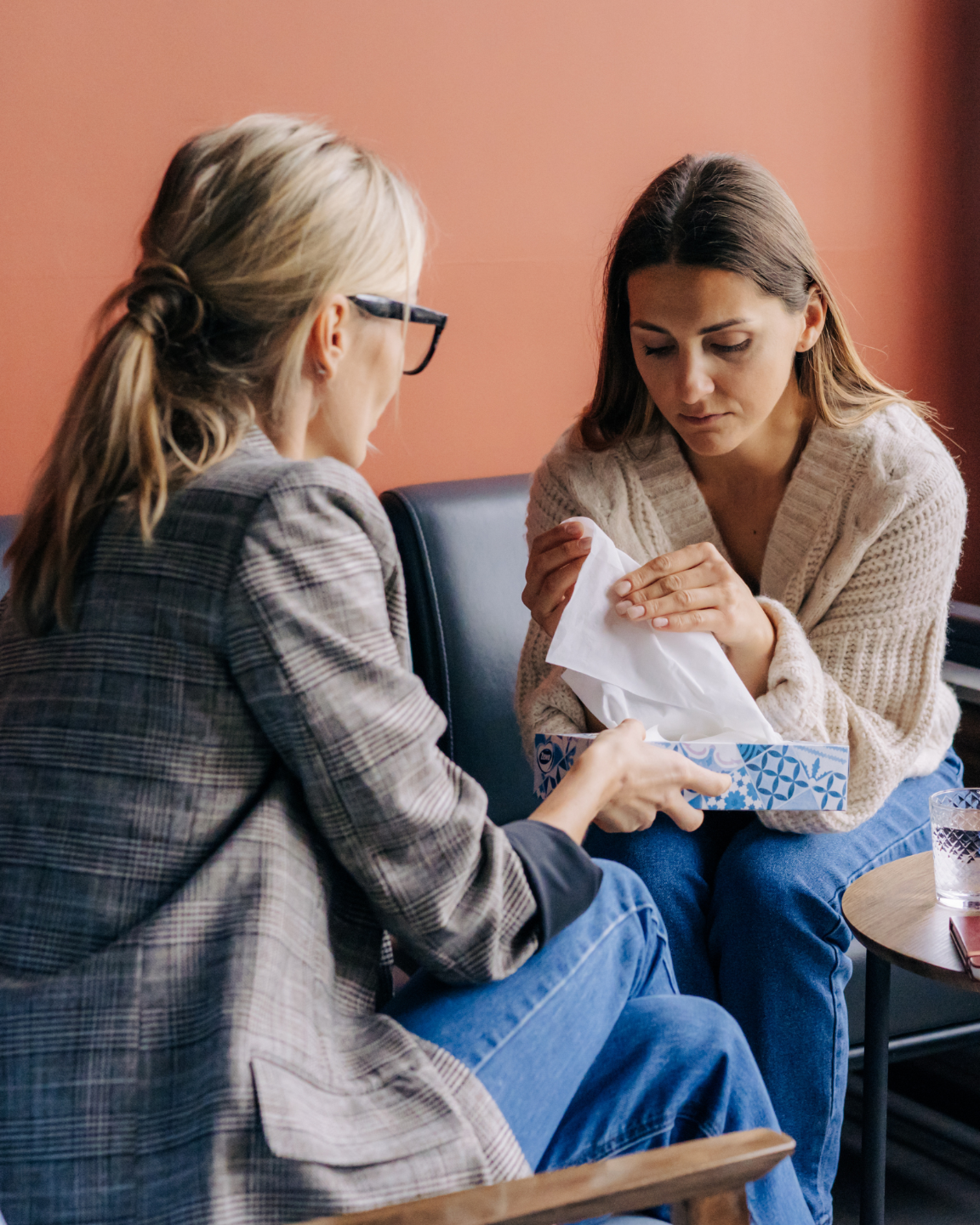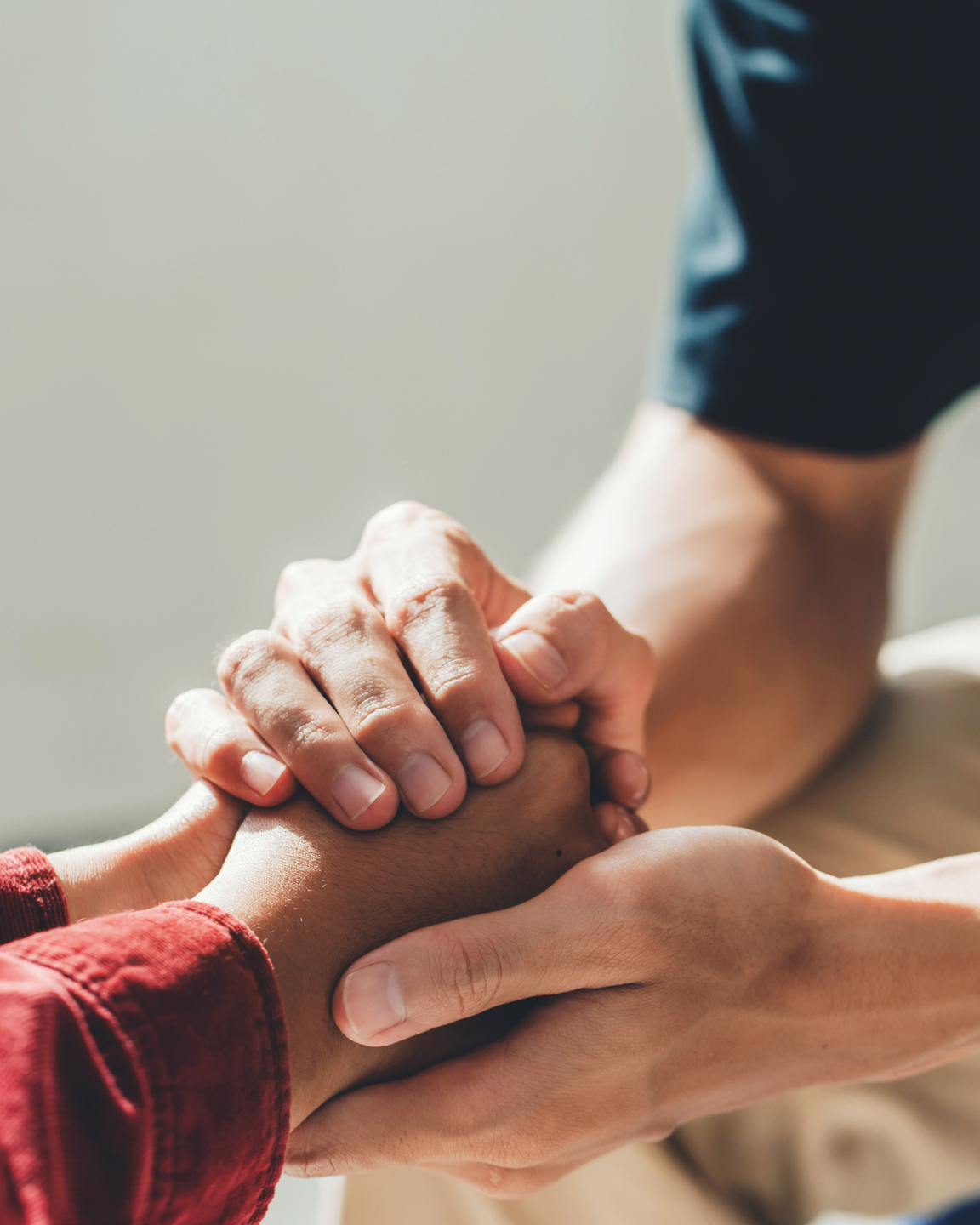Become a Safe Space
How You Can Help a Woman Experiencing Abuse or a Controlling Relationship
Domestic abuse is an uncomfortable topic in our society.
Yet, it is happening in homes all around us. 1 in 3 women will be affected by it in her lifetime - even in Christian homes! Unfortunately, many of us don't know how to help a woman in an abusive relationship.
Thank you for taking the time to learn how to to become a safe space for a woman in this situation.
Your first step to helping her is understanding what domestic abuse is.
Domestic abuse is:
“a pattern of coercive behavior used by one person to control and subordinate another in an intimate relationship. These behaviors may include physical, sexual, psychological, and economic abuse.” Oregon Domestic Violence Council.
In addition to the types of abuses listed above, abuse can include:
emotional, verbal, spiritual, digital, and/or property damage.
There is NO excuse for abuse, and it is not a woman’s fault. The dynamics of this behavior is explained more specifically in the Power and Control and Cycle of Abuse. It is important to know that there is a cyclical pattern to this behavior causing false hope and confusion for any woman.
Learn More About Domestic Abuse
As a Faith Leader:
Your 3 Key Goals
Rev. Marie Fortune - FaithTrustInstitute.org
Begin with BELIEVING HER.
You might know and like her abuser. He may have created a very likeable public persona and even be in church leadership. Do not recommend couple's counseling (click HERE for why not). Do not approach her abuser without her permission - this can put her in danger.

Accountability for the Abuser
Chris Moles is a good place to start if he is willing to do the work necessary.
Click HERE to learn more.

Relationship Restoration
if possible and if not possible...
Help Mourning Relationship Loss

7 Good Things to Say
Sarah Buel, former battered women, national expert & trainer on domestic violence
- I am really sorry this is happening to you.
- I am afraid for your safety.
- I am afraid for the safety of your children.
- I am afraid it will only get worse. (say it in a non-blaming way)
- I will help you find someone who can help.
- You do not deserve to be treated this way.
- I will not tell anyone what we discussed.
3 Questions to Ask
kindly and without judgement
- Do you feel afraid in your home?
- Has he hit you?
- If so, has he ever choked/strangled you?
- Women who have been strangled are 750 times more likely to be killed
- What does he do when he gets angry?


7 Tips for Church Leadership
& Support People
- Be a good listener, if she shares her story
- Be compassionate - not judgmental
- Understand the importance of confidentiality and the risks involved
- Refer her (and him) to local resources for help (individually!)
- Protect and support her and the children
- Help keep the husband accountable
- Pray with her
Let us personalize a training for your church or organization!
Take the next step and prepare your community to be a safe space for women in need.
....................
Founder/Executive Director, Diane Schnickels, would love to talk to your group, either in person (in the Portland, Oregon area) or virtually, about domestic abuse and creating safe environments for women impacted by domestic abuse.
Are you ready to become Christ's hands & feet to our wounded sisters?


